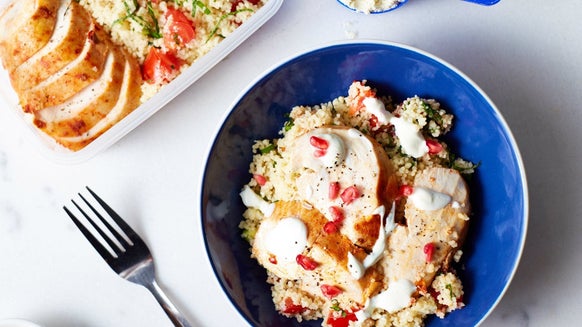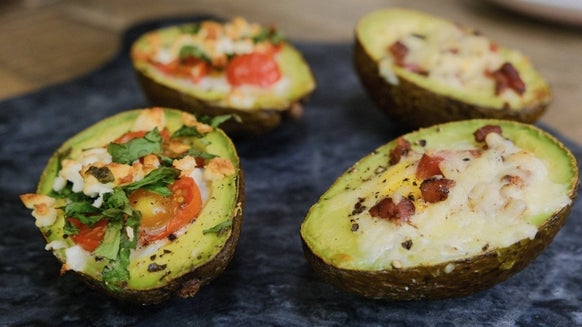
Written by Alex Simpson
Plant Based Diet
This week, we thought we’d do something special for our readers and look at an article that focuses on vegan lifestyles and nutrition. Vegan diets are widely considered to be incredibly nutrient-rich and healthy, but in some instances, that isn’t always the case. Primarily, vegans do not consume products that have been derived from animals, just as they do not consume products that contain ingredients derived from animals.
Some people, therefore, imagine vegan diets to contain copious amounts of fresh fruits and vegetables, but this isn’t always the case. Although there are countless health and wellness benefits associated with plant-based diets, please do not assume that every vegan individual out there, eats copious amounts of superfoods until they’re coming out of their ears, because they aren’t. If you’re a vegan and are thinking of making the transition into more of a plant-based diet, however, here are six healthy tips.

Focus On Getting Enough Protein
A common misconception amongst meat eaters and even some vegetarians do not consume enough protein each day. Whilst it is true that most sources of protein come from animal products, there are still a number of vegan-friendly plant-based food sources out there, that are absolutely packed full of protein and amino acids.
Just some examples of vegan-friendly plant-based sources of protein include; quinoa, brown rice, hemp seeds, tofu, beans, lentils, and spirulina. Remember, protein is not only vital for muscle growth, repair, and recovery, it is also vital to cellular health and function, and as we are made up of billions upon billions of microscopic cells, this is obviously fairly important.
Avoid Refined Carbs
Whilst we all deserve to treat ourselves now and then, the problem that some people make when they transition over to a vegan diet, is to rely primarily on refined carb food products, because they taste so nice, and because they are so convenient to eat.
Refined carb sources such as; crisps, chips, white bread, bagels, pretzels, and white tortilla wraps etc, all have high glycemic indexes, and they are all high in calories and simple sugars, and low in nutrients. Eating them will do your bodies no good at all, and they will make you feel pretty awful in the process. Of course you can treat yourself now and then, but for the most part, save refined carbohydrates for very, very special occasions.

Know Your Calcium Sources
Calcium is a mineral that plays a vital role in many physiological processes within the human body, and it is also a mineral that is essential for bone health. Calcium is absorbed by the bones where it gets to work on strengthening bone tissue, making it harder and a great deal denser. When we think of sources of calcium, we mainly think of milk and other dairy sources. Whilst they are indeed rich in calcium, this does not help an individual following a vegan lifestyle, due to the fact that dairy is obviously derived from animals.
Dairy is not your only source of calcium, there are many green leafy vegetables that are packed full of dairy. Kale, pound for pound, contains more calcium than milk in fact. On top of your greens, look for calcium-fortified beverages and food.
Try Different Foods
If you are looking to follow a diet that is rich in plant-based foods, you will need to experiment with foods, drinks, and meals that you’ve never tried before, as eating the same types of foods day in and day out can become boring and repetitive.
If for example, you’ve never tried lentils, but know you enjoy soup, you could go ahead and try making a lentil soup to introduce you to lentils. If you enjoy the soup, why not try another lentil dish and see if you enjoy that as well. The key to any successful dietary lifestyle change is variety, so don’t be afraid to try new ingredients.

Purchase Vegan Cookbooks
Another top tip for any vegan individual looking to transition over into a full-blown plant-based lifestyle is to invest in some popular vegan cookbooks. This goes back to what we were just talking about in regards to trying new foods.
You need to enjoy the foods that you are eating, or you may as well not bother at all, so see what other people in your situation are saying, and think about purchasing a few vegan cookbooks so you can experiment with new foods and new recipes.








